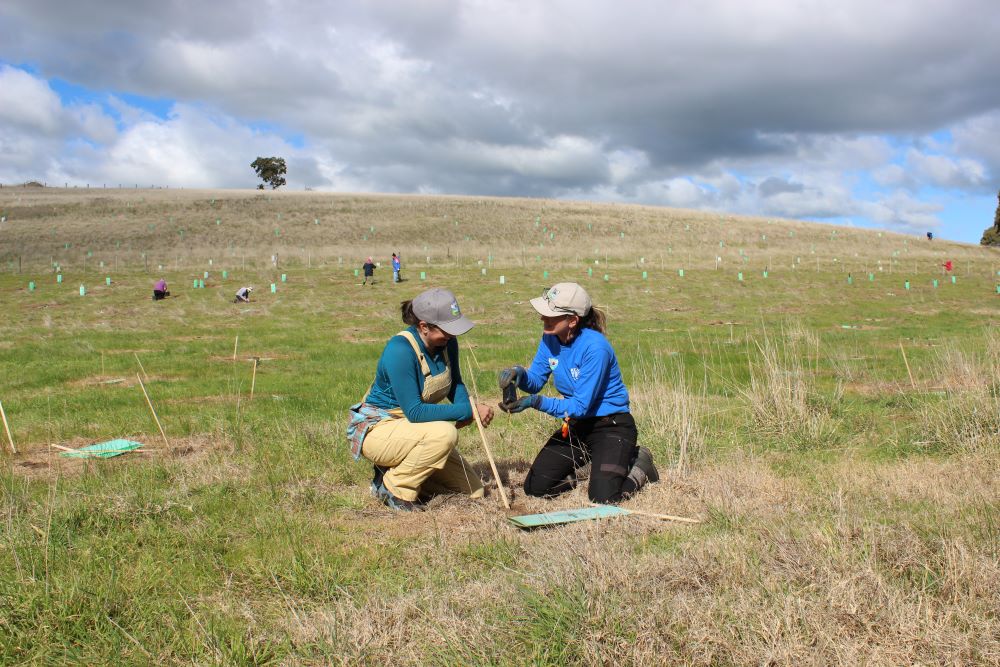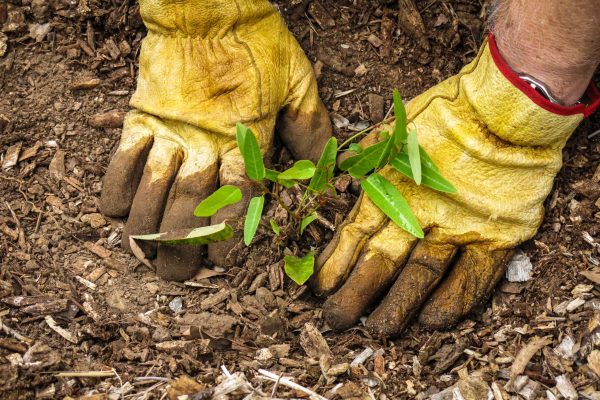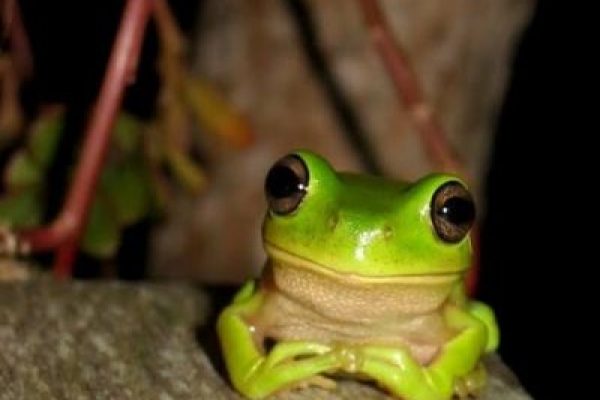July 2, 2020
|
Flying High!
TREES PLANTED
500
Although travel has changed dramatically since Covid19, we can see a time when people will gravitate back towards flying. Let’s hope, we all think twice about unnecessary trips and in the new age of zoom and video conferencing, we are a little more reflective about whether we really need to jump onto a plane.
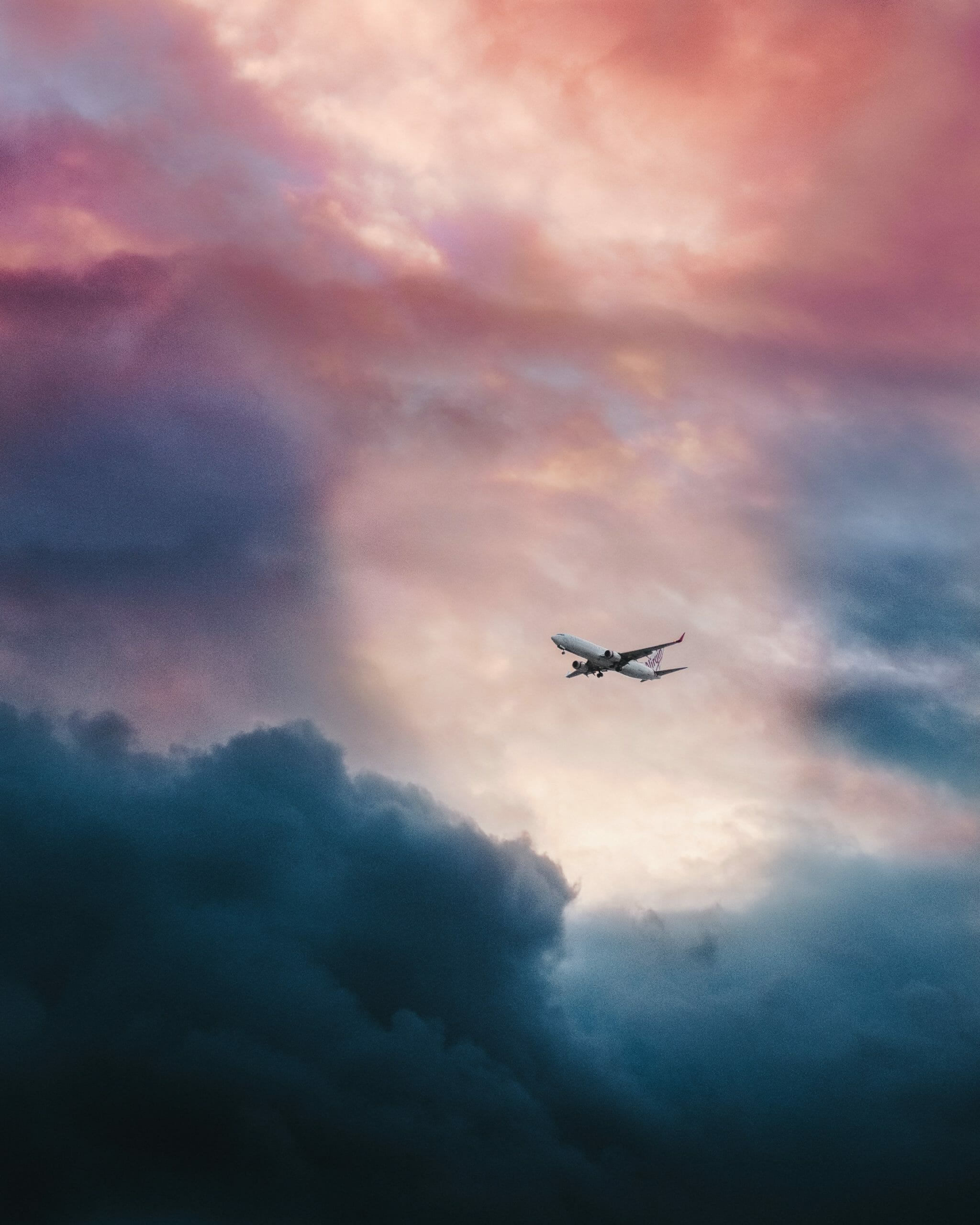
We love exploring our big country, we love living all over it, and we love getting out of it occasionally. It’s very difficult to do any of that without jumping on a plane on a plane at some point. But there’s a dark side to our jet setting habit.
The global aviation industry is responsible for around 2% of human-induced carbon dioxide emissions, or 915 million tonnes per year (2019 figures). It’s a staggering figure. There are plans afoot to reduce the industry’s emissions by 50% by 2050, but that is still a whole lot of poison being pushed out to heat up our atmosphere in the meantime.
About one third of airlines operating out of Australia offer a carbon offset option, but only around 10-15% of passengers opt in. University of Queensland’s Professor Brent Richie suggests that one of the reasons for such a low uptake is simply that consumers don’t understand what happens to the money they pay*. It generally goes to renewable energy or tree planting/carbon sink projects, but this is not particularly well communicated by airlines. People prefer, Richie says, to feel more of a connection to the good deed they’re paying for.
We get that. We believe, like Professor Richie, that nothing drives behaviour change like true connection. We fully support the aviation industry’s attempts to fly greener, but we think more needs to be done, and more effectively. Which is why we’re here to suggest a pretty good alternative. It’s simply to sort out your own flight offsets. Many lovely people have approached Fifteen Trees for the sole purpose of offsetting the time they spend in the air, and we are more than happy to help.
We aren’t saying don’t fly – although of course flying less is best of all, from the planet’s point of view – but we do suggest flying more mindfully. We recommend planting one tree for every hour you spend in the air. It’s not an exact calculation, but it’s pretty close. It’s also easy to remember and represents a tangible outcome. Try it next time you fly. It feels right, and it feels good.
Thank you to these wonderful supporters who have all chipped in to have 500 trees planted at Redbank Farm TAS.
Clare MacDonald (6 trees), David Stark (24 trees), Helen Pritchard (32 trees), Douglas Proctor (175 trees), Carolanne Glynne (on behalf of her daughter Rachel, 45 trees), Claymore Thistle (on behalf of their customers, 55 trees), Mika (Interculture 10 trees), Alison Currie (12 trees), Richard Chambers (24 trees), Rachel Knowler (10 trees), Catherine Coorey (6 trees), Linda Rehill (6 trees), Susan Giles (40 trees), Susan Emery (40 trees) and Tracy Trewhella (12 trees).
The Nichol Family, who run Redbank, are exemplars in the farming industry. They are working hare to maintain native habitat and take care of local species. The steeper areas have been converted to wildlife corridors between bushland remnants. Most of the creeks and waterways have been fenced and revegetated with local species.
The 100 hectares of native bushland contains some of the most pristine remnant forest in the region, including white gum forests, blackwood stands and valuable old habitat trees. The farm also hosts a family of wedge-tailed eagles, and the threatened freshwater lobster and burrowing crayfish live in local creeks.
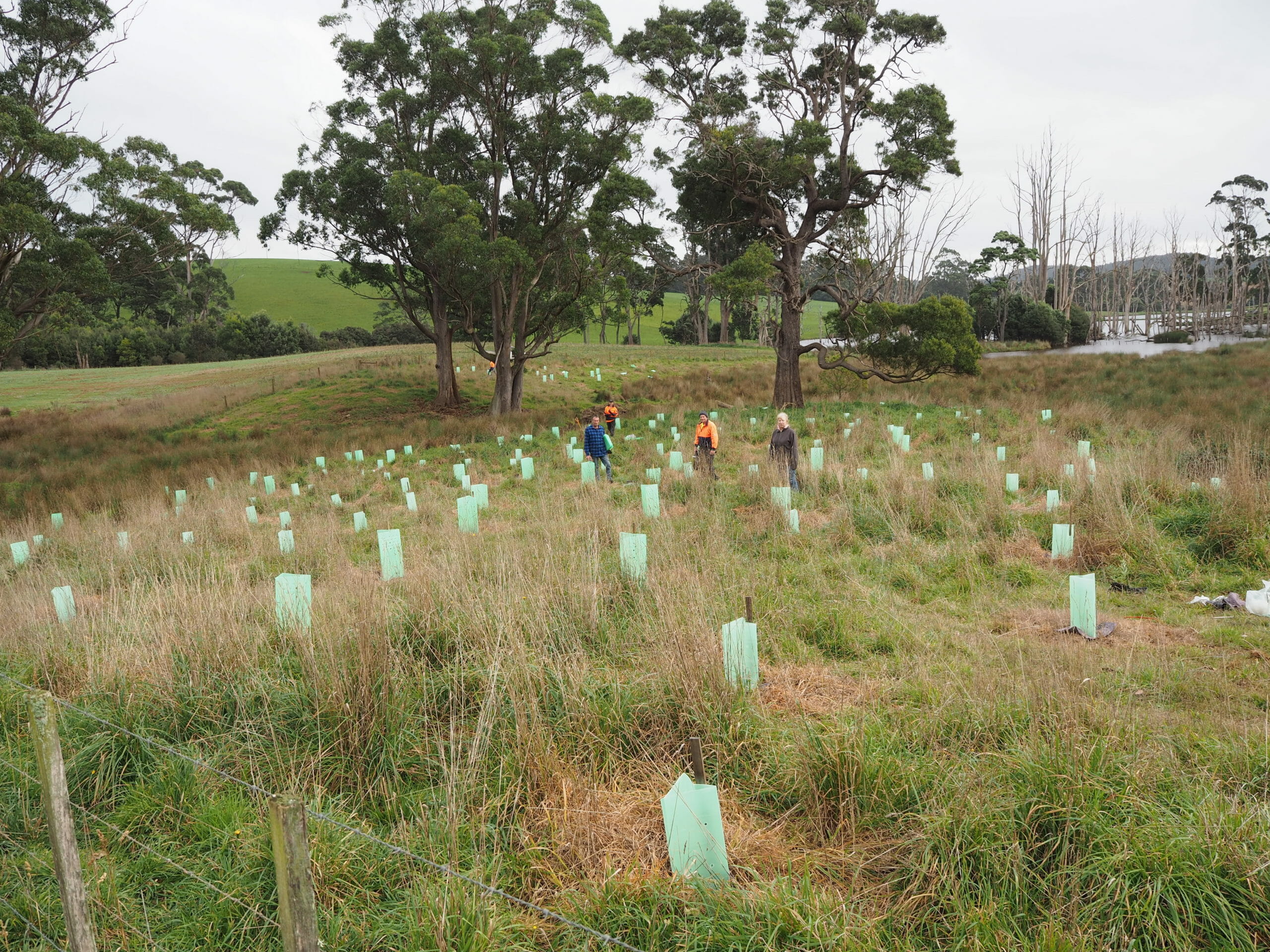
Writer – Sarah Hart.
Sarah is an artist whose passions include the stories and experiences of women and narrative driven creative work. Her aim is to delight, to reveal glimpses of everyday beauty, and to celebrate flights of the ordinary. Sarah works across a range of media, with an abiding interest in pen and ink, mixed media and the human form. You can find Sarah here.
* Nazila Babakhani, Brent W. Ritchie & Sara Dolnicar (2017) Improving carbon offsetting appeals in online airplane ticket purchasing: testing new messages, and using new test methods, Journal of Sustainable Tourism, 25:7, 955-969, DOI: 10.1080/09669582.2016.1257013
Redbank Farm (1200 trees) / 457 flying high
RECENT TREE PLANTINGS
1,200 TREES PLANTED
135 TREES PLANTED
1110 TREES PLANTED
SIGN UP FOR OUR MONTHLY UPDATES.
Restoring Australian ecosystems. Supporting communities with their revegetation projects for a greener and healthier planet.
Fifteen Trees acknowledges Indigenous Australians as the traditional custodians of the lands on which we work, live and play.
We recognise that Indigenous Australians have cared for and lived in harmony with this land for millennia, and their knowledge and wisdom of the land endures.
We pay our respects to Elders past, present and emerging and stand in solidarity as Indigenous Australians seek a fairer and more sustainable future for the land and its people.
